COP22: The Overview
Malcolm J | November 7, 2016.
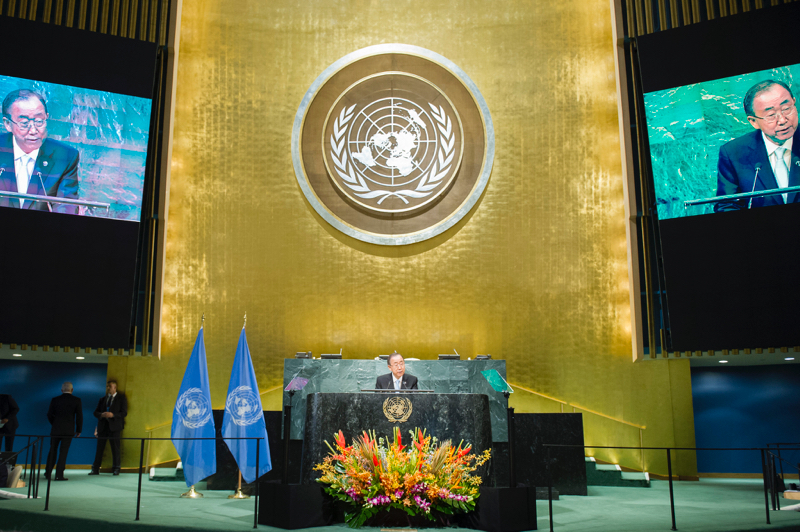 Starting tomorrow, the world will gather again to discuss the finer points of the Paris Agreement.
Starting tomorrow, the world will gather again to discuss the finer points of the Paris Agreement.
COP21, the UN climate talks in Paris last year, reached an unprecedented moment last year when representatives from 197 countries reached an agreement on climate change. Collectively, leaders “pledged to curb global emissions, strengthen resilience, and join in common cause to take climate action,” as expressed by the UN Secretary General Ban Ki-moon.
Reporting from the floor of COP21, The Verb determined that, despite delays in the closing plenary to change a single word to be less obligatory and more voluntary, endorsements from China, India, and the US demonstrated a level of international cooperation thought not possible after the failure Copenhagen years before.
Despite China’s declaration that the agreement is “not perfect” and Nicaragua’s abstention from support citing concerns that self-determined targets “puts us on a path to 3°C warming”, a global response to climate change was initiated. Unfortunately, there are fears that the anticipated ‘spike’ in global temperatures has already occurred.
NASA found that August 2016 was the warmest August in 136 years of modern record-keeping, tying with July 2016 for the warmest month ever recorded. August continues the streak of 11 consecutive months of new monthly-high temperature records.
With 2016 on course to be the hottest year ever recorded, global temperatures have increased 1ºC above pre-industrial levels. Earlier this year, researchers predicted that, due to 90 per cent of global heating going into the oceans, “humanity is about to experience a historically unprecedented spike in temperatures.”
For the Paris Agreement to enter into force, at least 55 nations, representing at least 55 percent of global emissions, must formally ratify. On 4 November, following ratification from the EU, the Paris Agreement became one of the fastest accords to enter into force. According to Li Shuo, a climate adviser with Greenpeace, this was done at a “light speed compared to all other international agreements.”
COP22 will take place in Morocco, a country with a history of human rights violations, over the next two weeks. Prior to hosting, Morocco announced a new renewable energy target of 53 per cent by 2030, consisting of two gigawatts of each of solar, wind, and hydropower. Hakima El Haite, the Moroccan delegate-minister for the environment, said that COP22 “will be an edition of innovation in adaptation to and mitigation of climate change effects.”
Given both the environmental and political changes of the last year, Marrakech is more than just a continuation of the same old. Success in the North African country determines the success of the entire Paris Agreement. Here are some of the things we’ll be hearing about:
- Finance: The cost of responding to climate change will not be cheap. The conversations about funding and financing have dominated the UNFCCC floors for decades. Many of the nationally determined contributions (NDCs) are contingent on external funding. With the effects of a changing climate already being experienced, delegates are eager to have funding to support projects as soon as possible.
- Adaptation: As climate impacts worsen, adaptation will continue to be a hot topic. The increased global temperatures and prevalence of 100-year storms are examples of climatic events that require adaptation mobilisation similar to that of World War II.
- High Ambition Coalition: Continuing the push towards 1.5ºC will be a major discussion following the central role played by the High Ambition Coalition in Paris. Questions remain if the informal grouping will stay together in future negotiations.
- Second cycle commitments: One of the most important debates will be on what the reporting and second cycle of commitments will look like. With hopes being placed on these issues to deliver rapid scaling up of ambition. Although the Paris Agreement was finished, signed, and ratified, the technicalities of second cycle commitments left a lot to be desired.
- Oceans: El Haite announced at the Our Ocean 2016 Conference that oceans will be featured prominently during COP22. As previously reported, there have been calls for greater commitments on climate change citing the massive impacts on the oceans and the subsequent impacts on economies, biodiversity, and livelihoods.






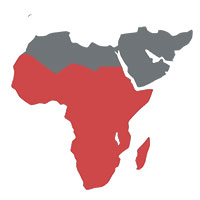
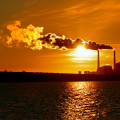
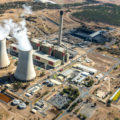
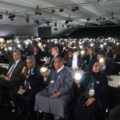



comment